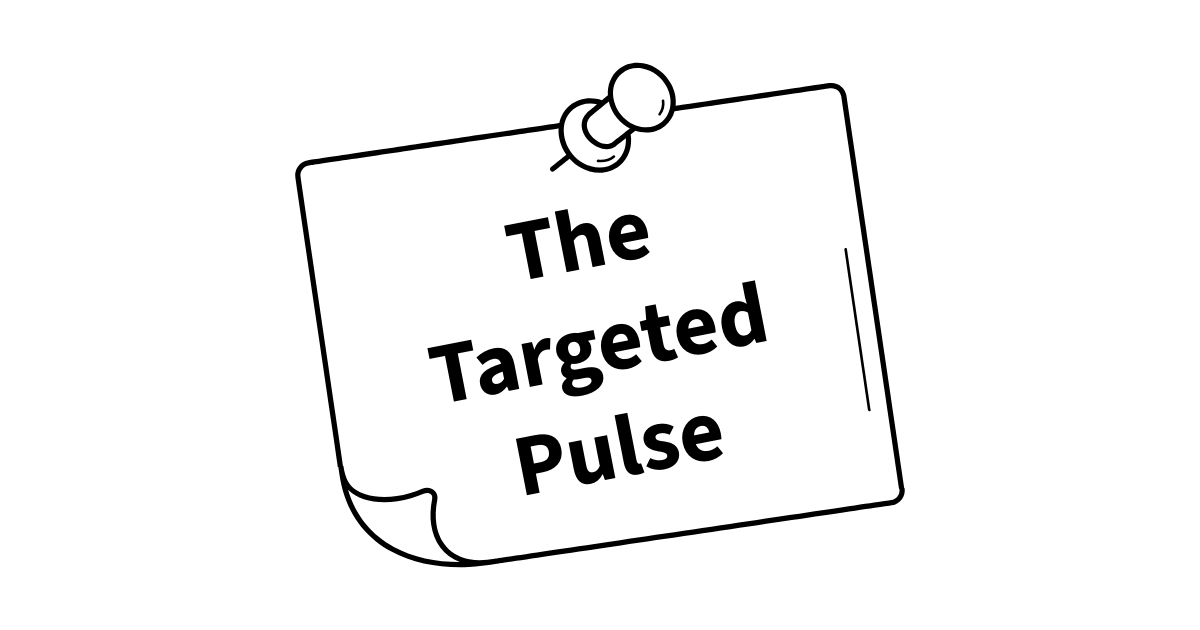Welcome to this week’s edition of The Targeted Pulse. This week in oncology, we saw a number of significant developments, from FDA breakthrough designations to promising clinical trial data for various cancer types. Here is a summary of the top stories.
FDA Grants Breakthrough Therapy Designation for Ovarian Cancer Treatment
In a major step for gynecologic oncology, the FDA has granted breakthrough therapy designation to raludotatug deruxtecan (R-DXd), an antibody-drug conjugate. The designation is for patients with platinum-resistant epithelial ovarian, primary peritoneal, or fallopian tube cancers that express CDH6 and have been previously treated with bevacizumab (Avastin). This decision was supported by compelling data from a phase 1 trial, which showed a confirmed overall response rate of 46% and a disease control rate of 98% in a subgroup of 50 patients. The designation aims to expedite the development of R-DXd and address the urgent need for new options for patients with platinum-resistant ovarian cancer.
Datopotamab Deruxtecan Shows Tolerability in Metastatic Breast Cancer
Kit Yu Lu, MS, highlighted the promising performance of datopotamab deruxtecan (Dato-DXd) for patients with HER2-negative metastatic breast cancer. Dato-DXd demonstrated a better progression-free survival (6.9 months vs 4.9 months for chemotherapy) and a more favorable tolerability profile with less grade 3 toxicity. While the overall survival benefit was not statistically significant, the treatment showed better outcomes in other key metrics, reinforcing its potential as a more manageable and effective option compared to standard chemotherapy.
Autologous TIL Cell Therapy Offers Hope for Head and Neck Cancer
A phase 2 study (C-145-03) has shown that autologous tumor-infiltrating lymphocyte (TIL) therapy could be a promising next-line treatment for recurrent or metastatic head and neck squamous cell carcinoma (HNSCC). The study revealed that this therapy has the potential to stabilize the disease, achieving an 11% objective response rate and a 76% disease control rate. While the treatment was associated with adverse events, the study’s success in consistently generating TILs for HNSCC patients is a major step forward, suggesting its potential use for those who have progressed after prior immunotherapy or chemotherapy.
New Paradigm for Bladder Cancer Treatment
The recent FDA approval of the gemcitabine intravesical system, known as Inlexzo (formerly TAR-200), is poised to change the treatment landscape for patients with Bacillus Calmette-Guérin (BCG)–unresponsive bladder cancer. Dr Joseph M. Jacob highlighted that this new system addresses a critical unmet need for patients who have few options other than radical cystectomy. The new treatment is more convenient, requiring administration only once every three weeks instead of weekly. Its ease of use and accessibility make it a valuable addition to the treatment armamentarium, providing an effective and patient-friendly solution for this challenging disease.
Casdatifan/Cabozantinib Combination Shows Efficacy in Renal Cell Carcinoma
In the dose-expansion portion of the phase 1 ARC-20 trial, the combination of casdatifan and cabozantinib demonstrated “meaningful clinical activity” in patients with previously treated clear cell renal cell carcinoma (ccRCC). The trial reported a confirmed overall response rate of 46% among 24 patients, with 4% achieving a complete response. Although treatment-emergent adverse events were common, the manageable safety profile and significant disease control suggest this combination is a promising treatment option. Further research is already underway in larger, randomized trials to confirm these positive findings.
